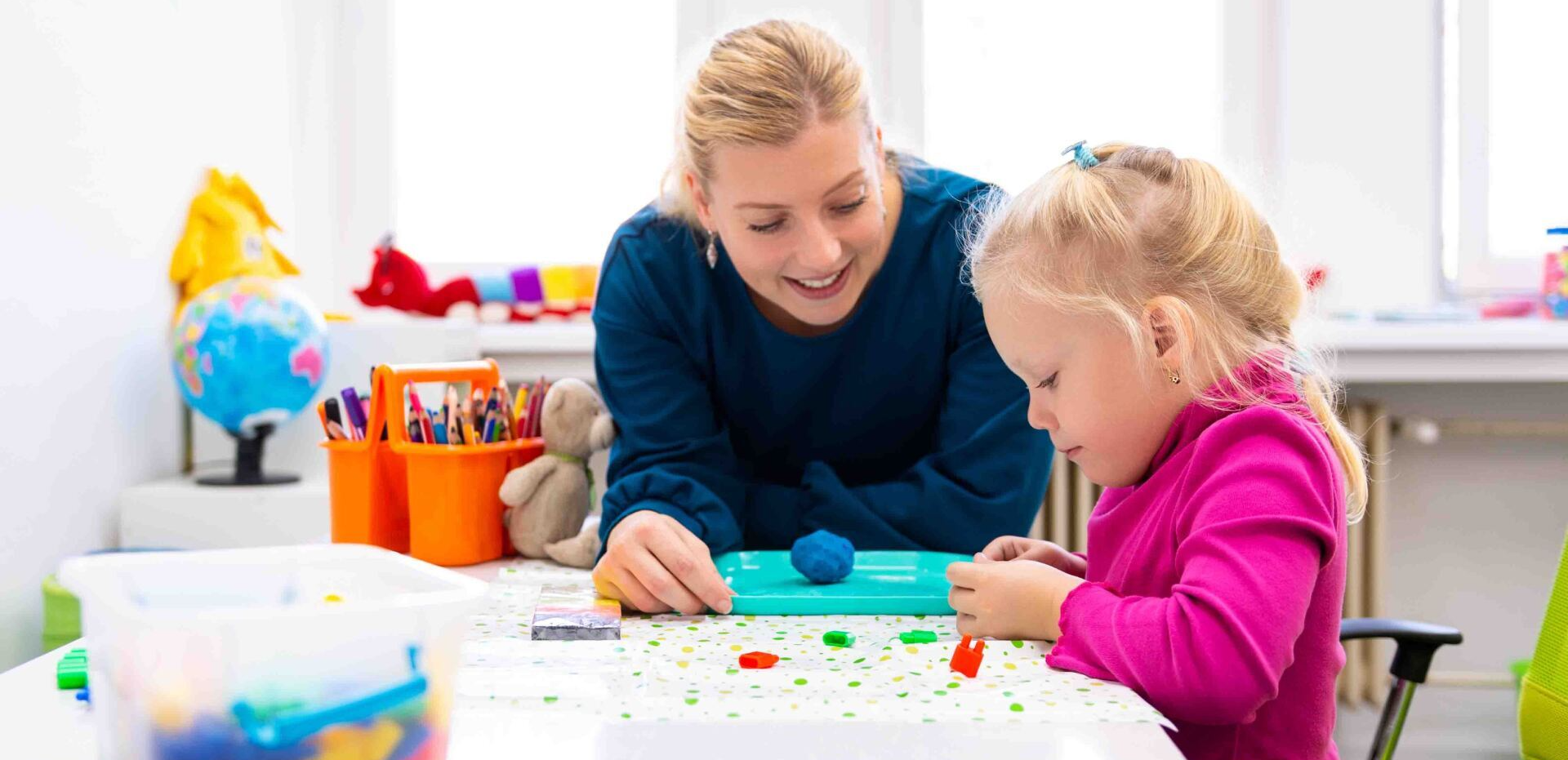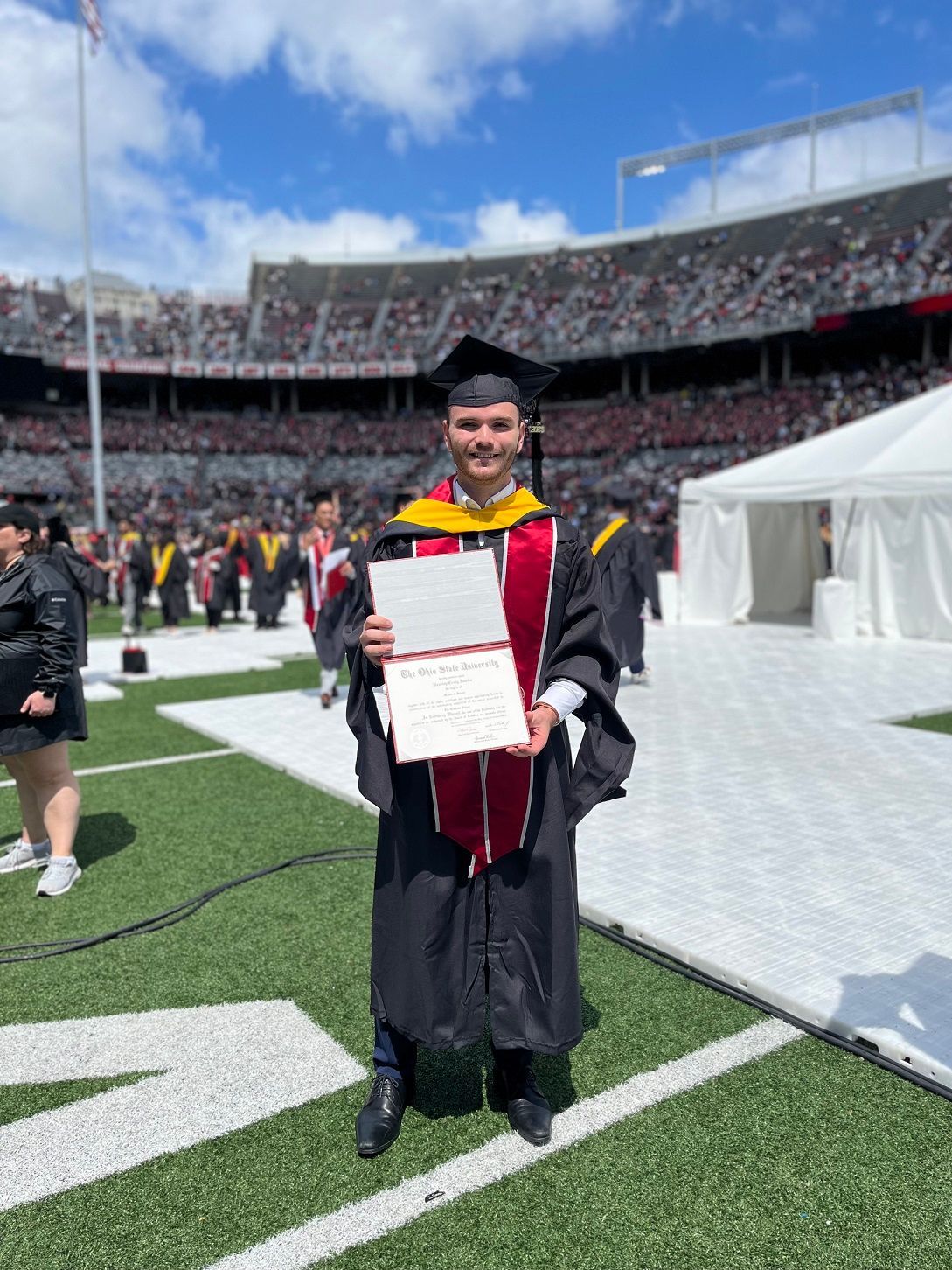Caring for a Child with Tactile Sensory Disorder
Tactile Sensory Disorder In Children

Children with tactile sensory disorder have trouble processing sensory information compared to other children. This type of disorder can affect their taste, sight, sense of touch, smell and hearing; which is pre-dominantly used in their early development phase.
Tactile sensory disorder is commonly found in children more than adults. Whilst it is not considered an official medical diagnosis, some doctors believe that a sensory disorder is a symptom of another type of disorder. This can include autism, ADHD, anxiety and so on. With this being said, all it takes is a little bit of extra help, love and attention to teach children with SPD how to manage their way through life.
“Children remind us to treasure the smallest of gifts, even in the most difficult of times.”
Allen Klein
So, how exactly does tactile sensory disorder affect a child? In certain situations, the brain either over or underreacts to a certain stimuli. This means that some sounds can be extremely painful or a soft abrasion can graze the skin; all because their brain receives and processes information differently compared to others.
Where does Tactile Sensory Disorder Stem from?
Like most disorders, it can be hereditary. However, it is said that prenatal and birth complications as well as environmental factors also have a role to play. It is likely that a parent who has autism is likely to produce a child who can suffer with SPD. But it must be noted that children with SPD do not have autism, unless consulted and diagnosed by a doctor.
How to Tell if Your Child has SPD
There are two types of tactile sensory disorders. One is an overreaction to stimuli; meaning some clothing textures, food smells and normal sounds can be overwhelming and difficult for their sensory system to interpret. The second is an underreaction to stimuli. Perhaps loud music is too soft and they require something louder which others would find unbearable. On the other hand, they could experience both types of SPD.
Sometimes a child’s behaviour can be mistaken as a learning pattern, where it seems as if they are trying their best to find their feet. If you notice your child is struggling or feeling over or underwhelmed by minor sounds and/or textures, it might be a good idea to take your child to a paediatrician.
SPD Treatment
It’s natural for parents to want the best for their children, and watching them struggle definitely tugs at the heart strings. Seeking a child therapist early to treat tactile sensory disorder is key to helping kids learn how to manage it effectively. During therapy, the professional will proactively teach your children how to cope; either through fun activities in a safe, controlled environment or supply what is referred to as a ‘Sensory diet’. This is personalised to your child’s specific needs and helps them remain focused and organised.
“Sometimes real superheroes live in the hearts of small children fighting big battles.”
Anonymous
It is important to treat your child with kindness and patience whilst they learn how to manage their disorder. It is not easy and can negatively impact them as they grow older if not treated early enough. Children with SPD are children that just need a little bit more love and help along the way.
Here at Trinityhouse, we continue to explore and expand our approaches to teaching and learning. We aim to provide your child with the best possible education for an ever-changing world.
Should you wish to learn more about Trinityhouse, please visit our About Us page. For applications, please click here and follow the process:
For any and all enquiries, please feel free to get in touch here:














